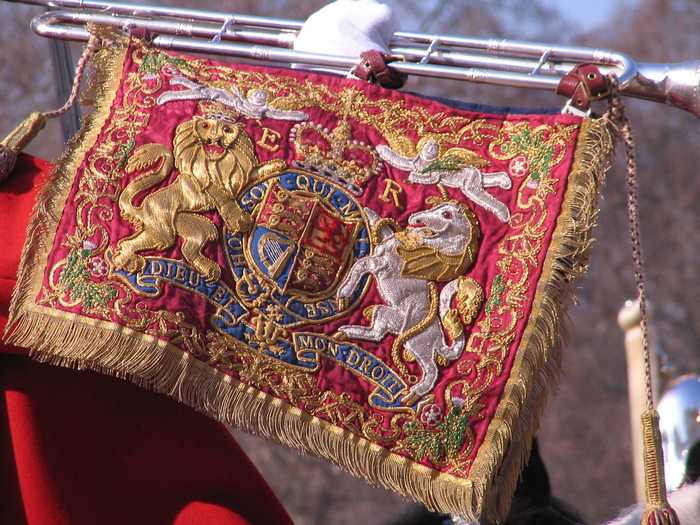I recently discovered this poem, thanks to my brother, who discovered it thanks to a submarine games trailer (called Silent Hunter 4). The author is John Milton, one of the most famous poet of the 17th century. First, Milton wanted to work in the religious metier, but after he took a « break » in Hammersmith (to deepen his language knowledge, to work on philosophy, history..) he decided to be a poet. Being a poet was for him a vocation, so he decided to keep going in this direction. Until now, Milton is famous for Paradise Lost, a collection of poem, published in 1667.
He wrote « On Time » between 1633 and 1634. As, I think, some words aren’t in « modern english » so it is a little bit hard for me to translate, but I can suppose that It deals with war, especially naval war. In my own opinion, I think this poem is nostalgic, but Milton also shows the frightfulness, the brutality of that kind of war. At the end, he speaks of the death, like if it was the only solution to escape from »all this earthly grossness ».
Fly envious Time, till thou run out thy race,
Call on the lazy leaden-stepping hours,
Whose speed is but the heavy Plummets pace;
And glut thy self with what thy womb devours,
Which is no more then what is false and vain,
And meerly mortal dross;
So little is our loss,
So little is thy gain.
For when as each thing bad thou hast entomb’d,
And last of all, thy greedy self consum’d,
Then long Eternity shall greet our bliss
With an individual kiss;
And Joy shall overtake us as a flood,
When every thing that is sincerely good
And perfectly divine,
With Truth, and Peace, and Love shall ever shine
About the supreme Throne
Of him, t’ whose happy-making sight alone,
When once our heav’nly-guided soul shall clime,
Then all this Earthy grosnes quit,
Attir’d with Stars, we shall for ever sit,
Triumphing over Death, and Chance, and thee O Time.

This poem is amazing and if I’m not mistaking it’s easier for us to understand if we replace the « thou » by « you » and the « thy » by « yours ».
you are right ( old English …like Skakespeare…)